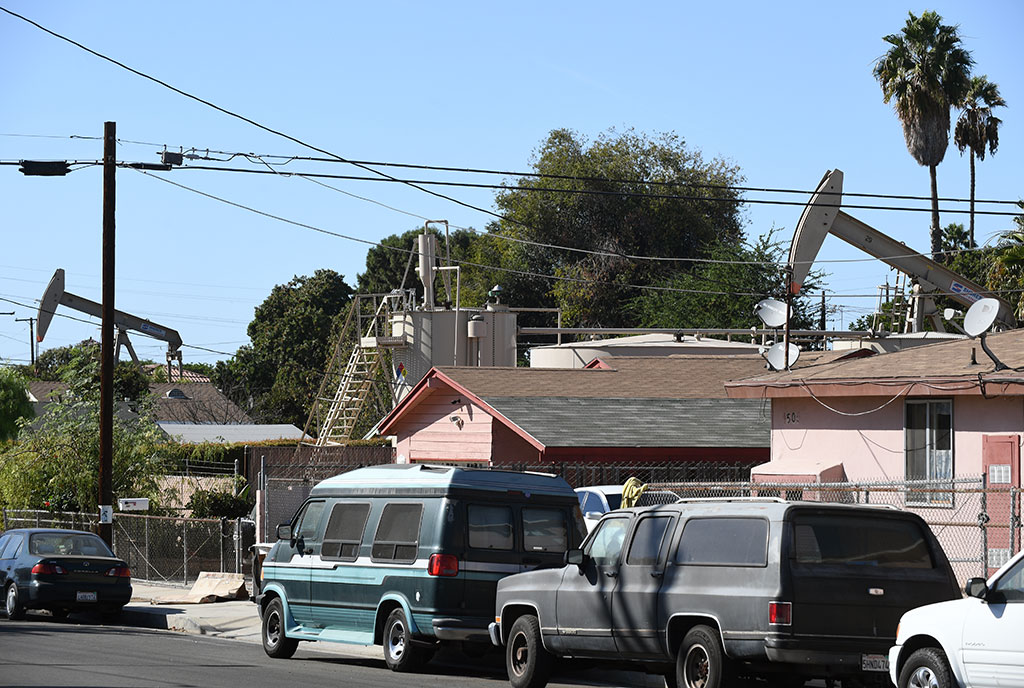FOR IMMEDIATE RELEASE
Contacts:
(McEachin) Jamitress Bowden (202) 225-6365
(Jayapal) Omer Farooque (202) 225-3106
(Barragán) Dave Perera (202) 226-5941
WASHINGTON – The co-chairs of the United for Climate and Environmental Justice Task Force, Representatives A. Donald McEachin (VA-04), Pramila Jayapal (WA-07), and Nanette Diaz Barragán (CA-44) issued this joint statement following passage of H.R. 806, the Ozone Standards Implementation Act:
“The ‘Smoggy Skies Act’ is an irresponsible and dangerous attack on the Clean Air Act. With this bill, vital protections against pollutants would be lifted, years of hard-earned environmental progress would be reversed, and the health and wellness of millions of Americans would be put at risk – especially communities of color, low-income families, and other marginalized groups.
“Eliminating common-sense regulations will increase the number of Americans exposed to harmful smog and polluted air. Already, too many communities of color live in counties consistently in violation of federal air pollution standards. Children in minority areas, in particular, have been hit hard by increased rates of asthma stemming from poor air quality. Direct exposure to air pollution results in higher death rates, and great number of emergency room visits and hospital stays due to repository diseases like asthma.
“This bill seems especially abhorrent in light of recent attempts to repeal the Affordable Care Act. As the Republicans work to strip away millions of Americans’ affordable, accessible healthcare coverage, they vote on legislation that would send people to the hospital. It is clear to us that we must fight against all forms of environmental injustice and harm.
“We voted no on this bill because we have a moral obligation to our constituents, the American people, and future generations. For the sake of all Americans, we must protect clean air.”
###
The United for Climate and Environmental Justice Congressional Task Force was co-founded by Reps. McEachin, Jayapal, and Barragán to address the disproportionate environmental impact on communities of color, low-income families, and other marginalized groups.

